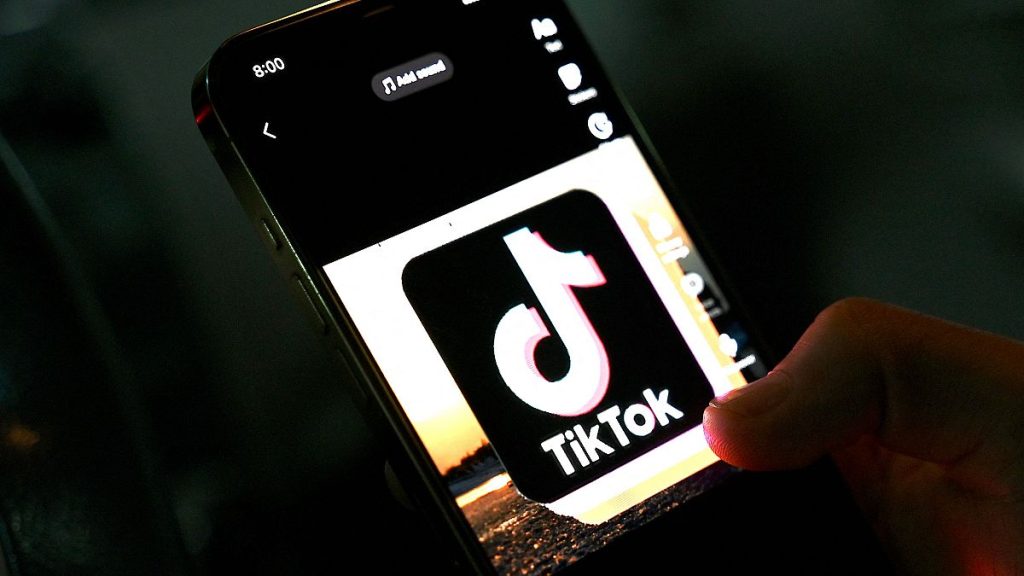As the Romanian presidential elections unfold, TikTok finds itself under scrutiny regarding its role and accountability during the electoral process. In a recent session of the European Parliament’s Internal Market and Consumer Protection (IMCO) committee, representatives from TikTok engaged with lawmakers who expressed concern over the platform’s handling of illegal content and its potential influence on election outcomes. These discussions were sparked in part by the surprising success of Calin Georgescu, a right-wing candidate who garnered approximately 22.95% of the votes in the first round, significantly aided by his strong presence on TikTok. Lawmakers demanded more transparency regarding TikTok’s measures to monitor and remove unlawful content during this critical period, particularly concerning political advertising, which is prohibited on the platform.
Despite TikTok’s assurances that it has been in contact with Romanian authorities—including electoral officials—regarding the elections, questions remain unanswered about the efficacy of its content moderation practices. Caroline Greer, the platform’s Director of Public Policy and Government Relations, stated that TikTok employs around 95 Romanian-language content moderators—reportedly the highest number compared to other platforms—tasked with monitoring for any violation of its rules. Recently, the European Commission requested further information under the Digital Services Act (DSA) following inquiries raised by Romania’s National Audiovisual Council. TikTok has until December 13 to respond to the Commission’s questions and has previously asserted that it found no evidence of foreign influence or covert operations on its platform during the election period.
As the IMCO committee discussed these issues, lawmakers inquired whether TikTok would be willing to share its electoral rulebook and provide insights into its content moderation algorithms. German MEP Alexandra Geese emphasized the need for transparency regarding the platform’s internal systems and the expertise of its staff in the context of Romanian affairs. Other lawmakers pointedly criticized TikTok for avoiding self-criticism and failing to publish the guidelines for moderators tasked with addressing accusations made against the platform by the European Union. These inquiries underline a growing concern among European lawmakers regarding the impact of social media on democratic processes and the potential for bias in electoral campaigns.
Imposing further pressure on TikTok, MEP Valérie Hayer called for the CEO’s testimony before the Parliament, highlighting the importance of ensuring that algorithms do not compromise electoral fairness. Hayer’s call reflects a broader sentiment regarding the need for ethical standards and accountability in digital platforms influencing political discourse. Expressing skepticism about TikTok’s ability to self-regulate effectively, MEPs indicated dissatisfaction with the company’s engagement thus far and stressed the necessity for robust oversight.
In the backdrop of these developments, the second round of the presidential election is set to take place on December 8, where Georgescu will compete against Elena Lasconi, a reformist candidate representing the centre-right Save Romania Union (USR). The outcomes of these elections and the interplay between social media platforms and electoral integrity remain critical focal points as both TikTok and Romanian electoral authorities navigate this complex landscape. As discussions continue, the European Parliament’s examination of TikTok’s operations could set important precedents for how social media companies manage electoral content and ensure compliance with democratic principles.
The implications of this election and TikTok’s involvement could reverberate beyond Romania, impacting regulatory discussions across the European Union regarding digital platform oversight and political advertising regulations. The ongoing investigations and discourse surrounding TikTok bring to light essential questions about the responsibilities of social media companies in shaping public opinion and political outcomes. As these platforms continue to gain prominence as vital tools for political engagement, accountability, transparency, and fairness in their operations will remain paramount to preserve the sanctity of democratic processes in Europe and beyond.

